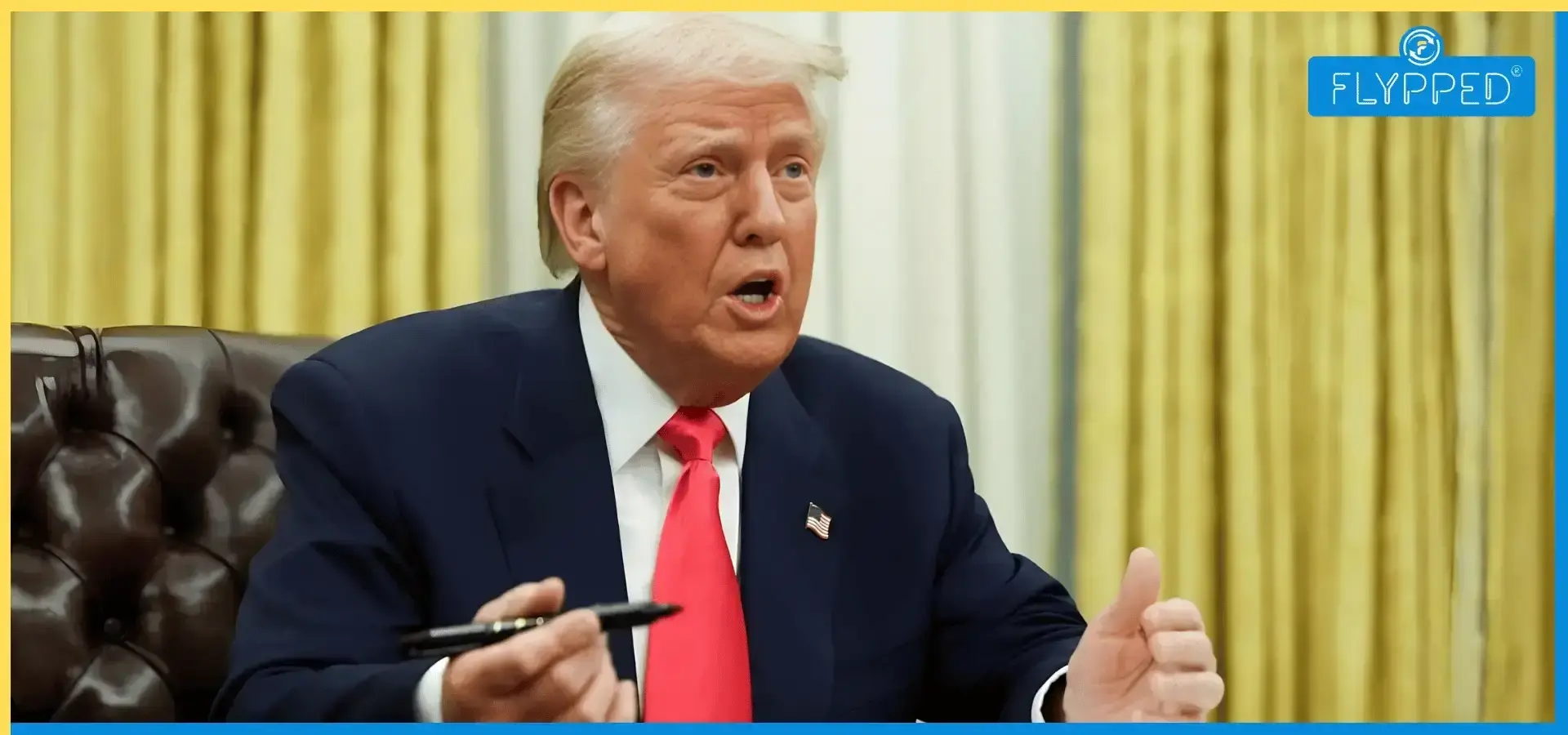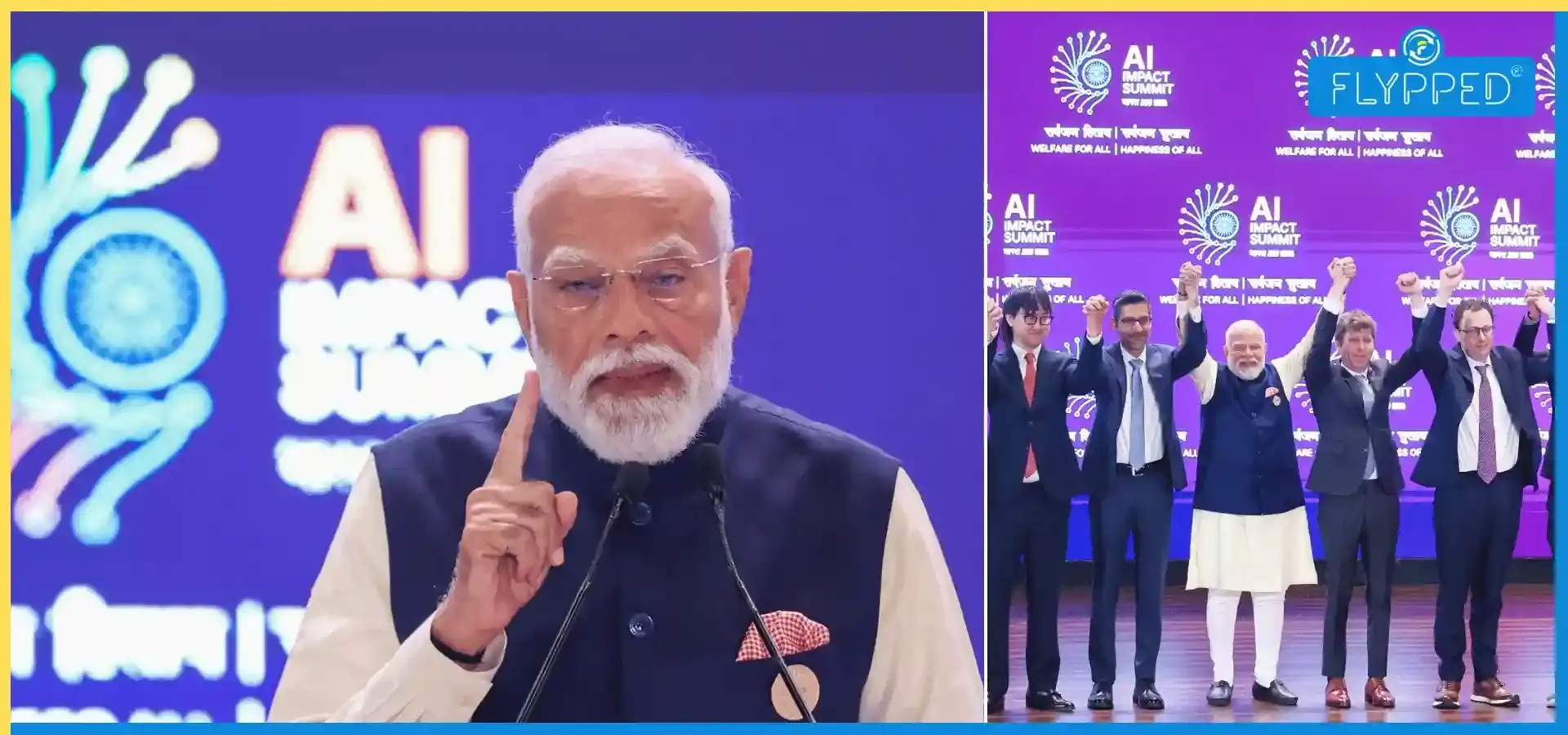US Court Rejects 26/11 Accused Tahawwur Rana's Extradition Stay Request

In a major development concerning the 26/11 Mumbai terror attacks, a US court has rejected a plea from Pakistani-origin businessman Tahawwur Rana seeking a stay on his extradition to India. This decision brings India one step closer to bringing Rana to justice for his alleged role in one of the deadliest terror attacks in the country's history.
Who is Tahawwur Rana?
Tahawwur Rana, a 63-year-old Pakistani-born Canadian citizen, has been accused of providing support to the Lashkar-e-Taiba (LeT), the terrorist group responsible for the 2008 Mumbai attacks. These attacks, which lasted four days from November 26 to 29, 2008, left 166 people dead and more than 300 injured, sending shockwaves across the world.

Rana, who operated an immigration business in the US, was a close associate of David Coleman Headley, another key conspirator in the Mumbai attacks. Headley, an American terrorist of Pakistani descent, had scouted locations for the attack and provided intelligence to the LeT.
Although Rana was convicted in 2011 in the US for supporting a separate terror plot against a Danish newspaper, he was acquitted of direct involvement in the 26/11 attacks. However, India has long sought his extradition to face charges related to the Mumbai attacks.
The US Court's Latest Ruling
In his latest attempt to avoid extradition, Rana had petitioned a US federal court to put a hold on his extradition order while he appealed against it. However, US District Judge Dale S. Fischer firmly rejected this request, clearing the way for his transfer to Indian authorities.
The court's decision means that Rana could soon be extradited to India, where he is likely to face trial under India’s anti-terror laws. If convicted, he could face a harsh sentence, possibly life imprisonment.
Why India Wants Rana Extradited
India has consistently pushed for Rana’s extradition, arguing that he played a crucial role in the 26/11 attacks by assisting Headley in carrying out reconnaissance missions in Mumbai. Investigators believe that Rana’s business provided cover for Headley’s activities, allowing him to move freely between India and Pakistan while planning the attack.

Rana has denied the charges, claiming that he was unaware of Headley’s intentions. However, evidence presented by US authorities suggests otherwise. His conviction in the Denmark terror plot also raises serious concerns about his involvement in global terrorist activities.
What Happens Next?
With the US court rejecting his request for a stay on extradition, the final decision now rests with the US State Department. However, given the strong US-India counterterrorism cooperation, it is highly likely that the extradition will proceed.
If extradited, Rana will face trial under India’s Unlawful Activities (Prevention) Act (UAPA) and other anti-terrorism laws. Legal experts believe that the evidence against him is strong enough for a conviction.
The Bigger Picture: What This Means for India-US Relations
The rejection of Rana’s plea is seen as a major victory for India’s legal system and a testament to the growing counterterrorism collaboration between India and the US.
Over the years, the two countries have strengthened their security ties, particularly in the wake of terror threats from Pakistan-based militant groups. The extradition of a high-profile accused like Rana would further reinforce India’s commitment to justice and send a strong message that terrorism will not be tolerated.
https://twitter.com/JhaSanjay07/status/1897846354220597341
This decision also raises questions about Pakistan’s role in harboring and supporting terrorists. The 26/11 attacks were planned and executed from Pakistan, with support from the country’s intelligence agencies, as per multiple investigations. Yet, Pakistan has failed to take action against key conspirators, including Hafiz Saeed, the founder of Lashkar-e-Taiba.
Why This Case Matters
The 26/11 Mumbai attacks remain one of the most painful memories in India’s history. The attack targeted major locations like the Taj Hotel, Chhatrapati Shivaji Terminus (CST), Nariman House, and Oberoi Trident Hotel, leaving a deep scar on the country.
The victims and their families have waited for justice for over 15 years. Bringing Rana to trial in India would be a significant step toward justice for those affected.
Additionally, this case serves as a reminder of the importance of international cooperation in tackling terrorism. Extradition cases like this set a precedent for bringing terror suspects to justice, no matter where they are hiding.
Conclusion
The US court’s rejection of Tahawwur Rana’s extradition stay request is a significant moment in the long fight for justice over the 26/11 Mumbai attacks. With this ruling, India is now closer than ever to holding Rana accountable for his alleged role in the deadly attacks.
If the extradition process moves forward smoothly, Rana will soon be in Indian custody, where he will face trial for his alleged crimes. His extradition would not only provide closure for the victims but also strengthen India’s stand against terrorism.
The world will now watch closely as the US State Department makes its final decision. However, given the growing India-US cooperation, it seems increasingly likely that Rana will soon be on a flight to India, where justice awaits.
Click to read the full article






